"We can see things are now progressing really nicely in China as the Chinese government wants innovation and the drug regulator has become much more modern and is now working faster," Mads Krogsgaard Thomsen, executive vice president and chief science officer of Novo Nordisk, told Xinhua.
"There had been rules about when you are allowed to start doing Chinese clinical trials, but this is changing. The Chinese drug regulator is starting to accept that you do more multinational studies where you can combine China with other countries, and then develop faster than in the old days," Mads said, "We've actually made faster-than-expected progress in China."
The company announced in late May that its Ryzodeg has been approved for the treatment of type-2 diabetes in adults by China's National Medical Products Administration based on its proven advantages compared to existing insulin treatments.
Mads said the company innovates to improve the lives of people living with serious chronic diseases and continually seeks new partners with whom they share complementary capabilities and mutual interests.
China's medical science level is rising as more and more well-educated young scientists come back for opportunities, and the scientific impact of Chinese journals and papers in the science arena is also coming up, Mads observed.
Many Chinese scientists in academia have good ideas, while Novo Nordisk can help translate academic science into drug-related science by offering laboratory facilities and other support, according to Mads.
Echoing its "Partnering for Innovation" project, Novo Nordisk in March launched INNOVO, an open innovation platform in China through which the company seeks to join hands with local academic institutions, biotech startups and incubators to accelerate the transformation of scientific research into new drugs and their development.
Since setting up its first China office in Beijing 25 years ago, Novo Nordisk has been steadily expanding its local presence, opening a strategic manufacturing plant in Tianjin in 1995, and a research and development center in Beijing in 1997, the first multinational pharmaceutical firm to take this step in China.
The Greater China region is Novo Nordisk's second-largest market, accounting for about 10 percent of its global revenue. It's a fast-growing market with revenue expanding by 8 percent in 2018 and 9 percent in the first quarter this year, according to Maziar Mike Doustdar, Executive Vice President of International Operations at Novo Nordisk.
"I love the forward-looking agenda that the Chinese government conducted and called 'Health China 2030' because it is very much aligned with our long-term thinking," Doustdar said.
Doustdar also observed that the Chinese government is very innovative, "my hope is that we will be able to get the Chinese registration done much faster, allowing us to bring medicines to China in a much faster way to benefit more patients in the future."
















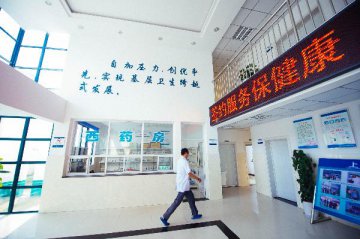
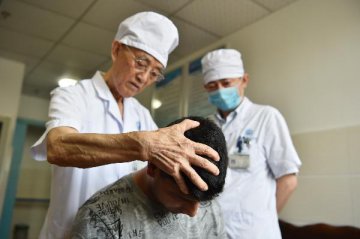

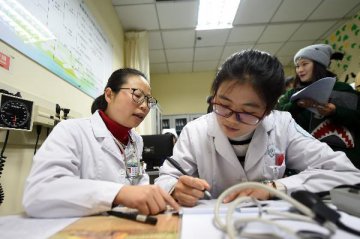
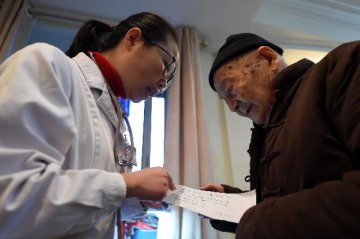
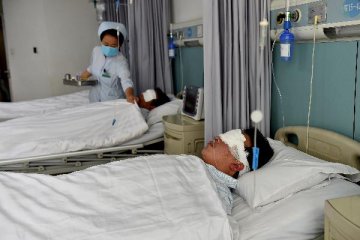


Latest comments